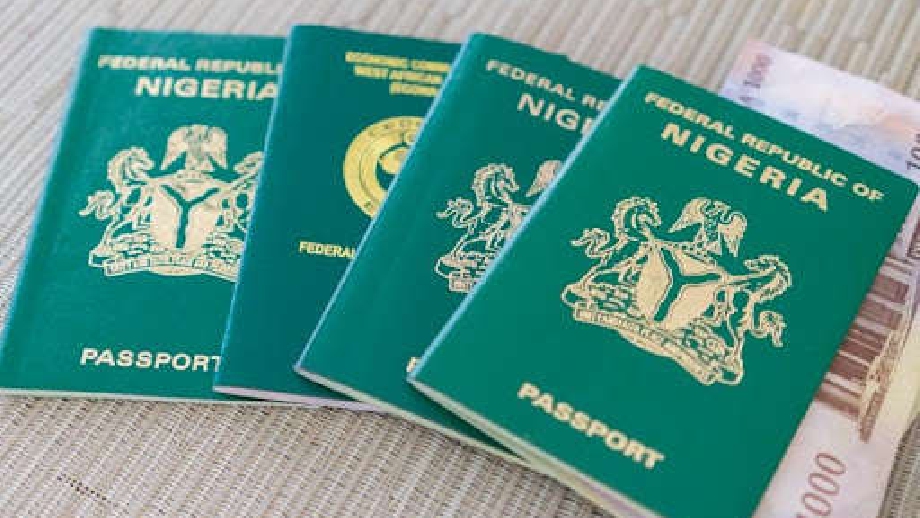
The Nigerian government has once again stirred public debate with its decision to raise the cost of international passports. Beginning September 1, 2025, Nigerians applying for passports within the country will now pay ₦100,000 for a 32-page, 5-year validity passport and ₦200,000 for a 64-page, 10-year validity passport.
The announcement, made by the Nigeria Immigration Service (NIS), has sparked a wave of mixed reactions—while the Federal Government insists the move will promote efficiency and curb corruption, many Nigerians see it as an additional burden in already difficult times.
According to the NIS Public Relations Officer, ACI A.S. Akinlabi, the new fees will apply only to passports issued within Nigeria, while costs for Nigerians abroad remain $150 and $230 respectively.
At the Ministry of Interior’s mid-term review in Abuja, the Minister of Interior, Dr. Olubunmi Tunji-Ojo, defended the increase. He argued that the adjustment was necessary to maintain the integrity of Nigeria’s passport system and to ensure quicker processing.
The hike, however, has been met with sharp criticism from opposition figures, civil society groups, and economic analysts.
The Presidency, however, countered the backlash by insisting that Nigerians were already paying higher sums through backdoor bribes. According to government spokespersons, the new official fees will redirect those funds from corrupt middlemen into legitimate public revenue.
The debate over the ₦100,000 passport fee in Nigeria goes beyond travel documents—it reflects the tension between government reforms and the realities of everyday Nigerians.
While the reforms promise faster issuance, reduced corruption, and stronger passport integrity, the steep price hike raises questions about accessibility, fairness, and timing in a country where millions struggle to meet daily needs.
For some, the increase is a step toward modernization. For others, it is yet another sign of government policies out of touch with the economic realities of its citizens.